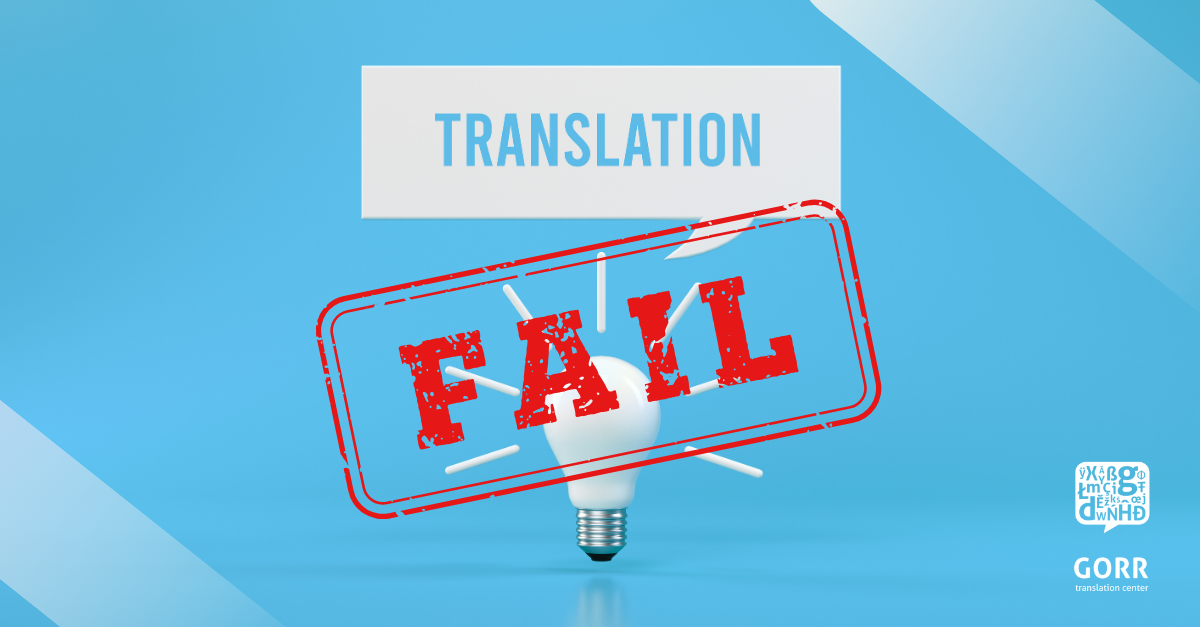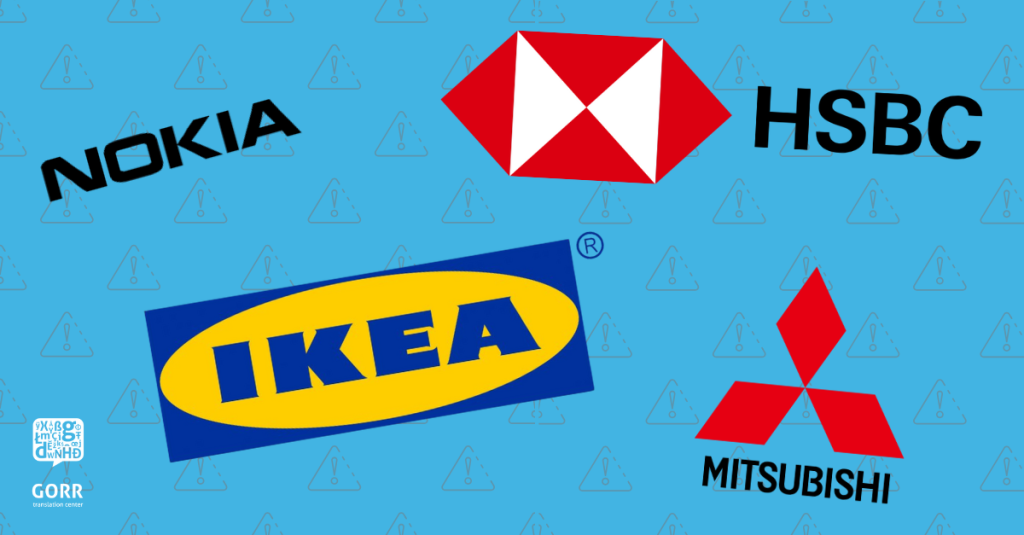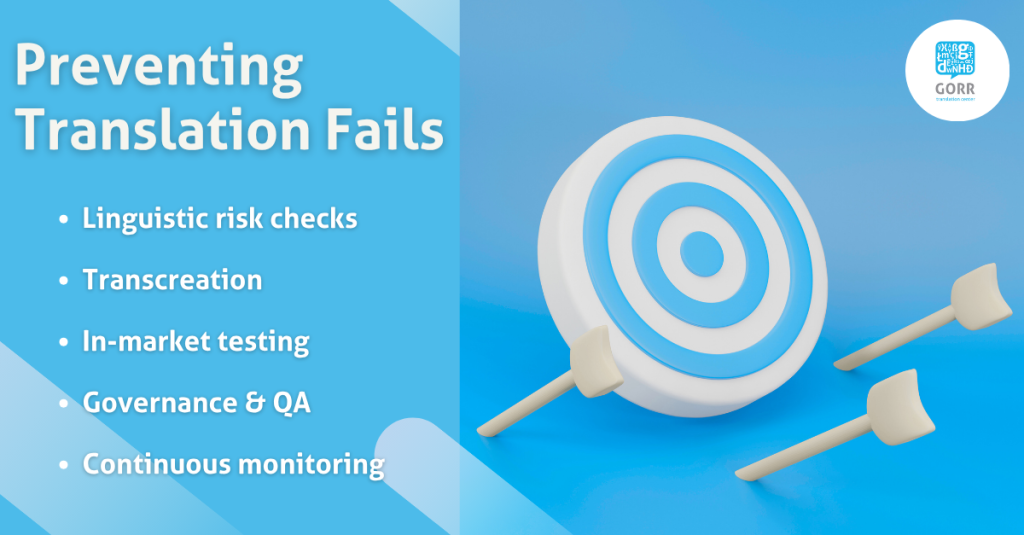Real-world translation fails show why localization protects revenue, reputation, and customer trust.

Cross-border growth means words carry more than meaning; they carry trust, value, and customer loyalty. But when translation goes wrong, the fallout can cost millions, damage reputations, or even endanger lives. Here are five infamous examples across industries and the lessons they teach about why professional localization is non-negotiable.

In the late 2000s, HSBC rolled out its U.S. slogan “Assume Nothing” globally. The result? In several markets, it was read as “Do Nothing.” A bank urging inaction was a PR disaster. HSBC had to spend millions on a rebrand, pivoting to the safer line “The world’s private bank.”
Takeaway: Idioms don’t travel well. Marketing language should be transcreated, not literally translated, then validated by native experts before rollout.
IKEA’s quirky Swedish product names nearly backfired in Thailand. Several sounded like offensive slang in Thai. Thankfully, local linguists flagged the issue before launch, allowing IKEA to adjust and avoid scandal.
Takeaway: Localization isn’t just words—it’s product naming, catalogs, signage, and the full customer journey. Cultural vetting must be part of the QA process.
Mitsubishi named its SUV after a Pampas cat (Leopardus pajeros). But in Spanish, pajero is a vulgar insult. The brand wisely rebranded it to Montero in Spain and Latin America, and Shogun in the UK.
Takeaway: Even zoological or geographic names can carry unwanted slang. Global brand names need rigorous multilingual screening before launch.
When Nokia launched the Lumia smartphone, Spanish speakers pointed out that lumia can mean “prostitute” in some dialects. While the phone itself was well-reviewed, the name invited ridicule during a critical launch window.
Takeaway: Brand names shape perception instantly. Pre-launch slang checks and social listening across target markets prevent costly distractions.
In 1980, 18-year-old Willie Ramirez was rushed to a Florida hospital. His family said he was intoxicado, which in Cuban Spanish means “poisoned.” Doctors assumed “intoxicated” from drugs or alcohol. The misdiagnosis delayed treatment of a brain hemorrhage, leaving Ramirez quadriplegic. The case led to a $71 million settlement and is now taught in medical schools.
Takeaway: In healthcare, professional interpreters save lives. Relying on “good enough” bilingual staff is not a substitute for certified medical translation and interpretation.

From branding to healthcare, these cases show the risks of poor translation:
The damage wasn’t just linguistic—it was financial, reputational, and in one case, life-altering.

Language isn’t decoration—it’s infrastructure. Professional translation and localization don’t just avoid embarrassment. They protect revenue, safeguard users, and build trust in global markets.
Get a free quote today and make sure your brand is understood—everywhere.